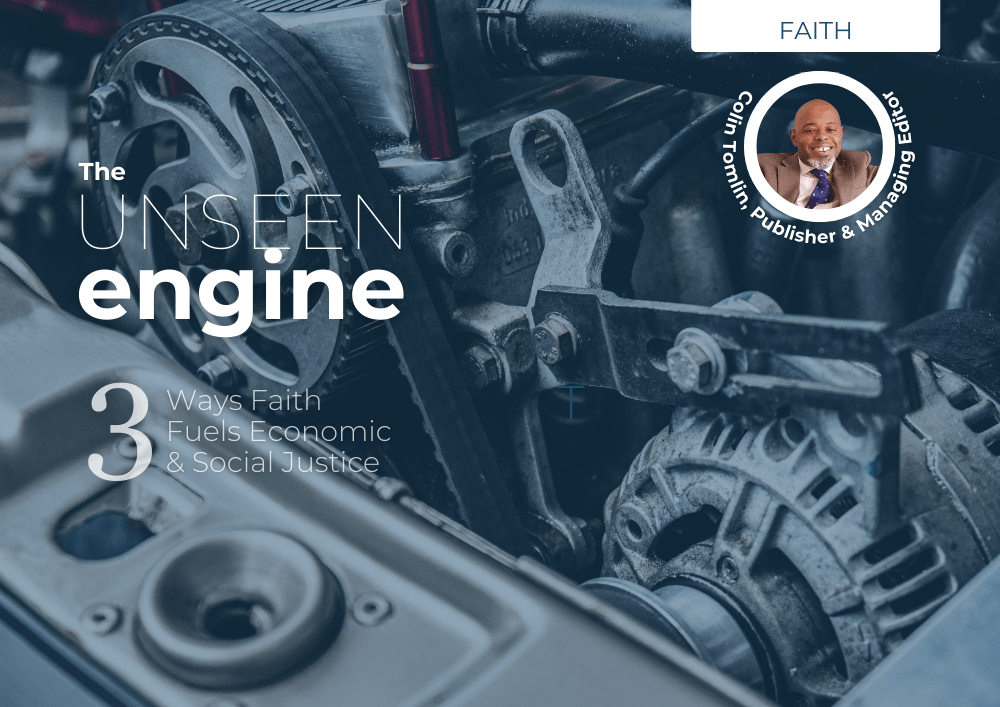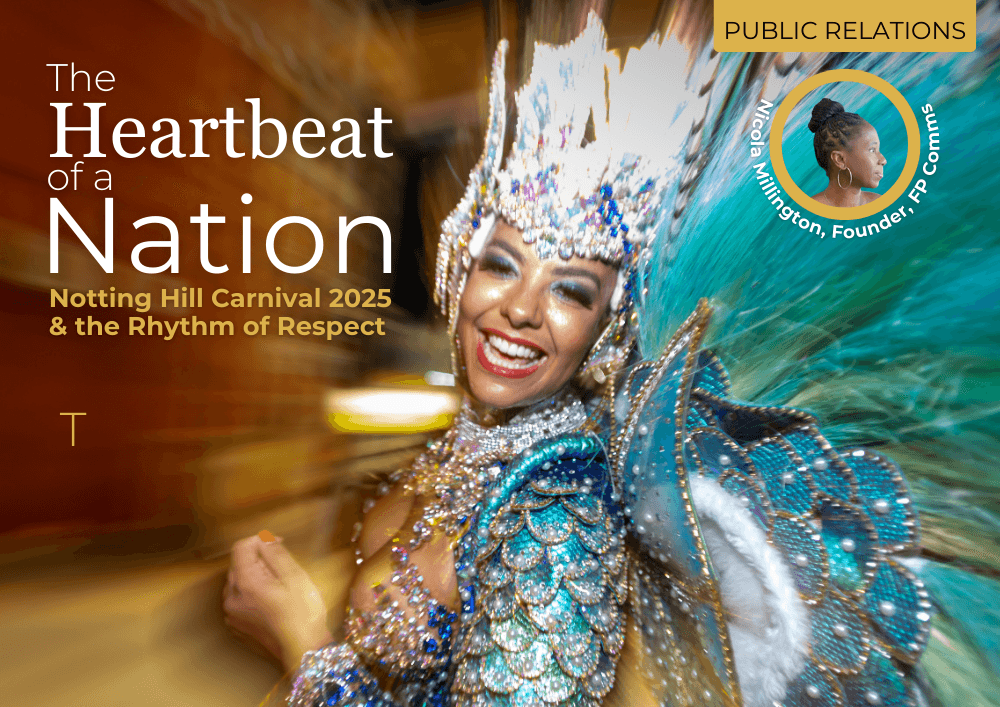
The pursuit of a more just and equitable world is a complex endeavor, often viewed through the lenses of policy, economics, and law.
Yet, to overlook the profound and practical role of faith in economic and social justice is to miss a crucial dimension of its success.
Faith is not a passive moral compass; it is an active and dynamic force that provides a moral framework, a practical infrastructure, and a wellspring of enduring hope that are indispensable for building and sustaining meaningful change.
1. A Moral Framework for Action
First, faith provides the moral framework that gives economic and social justice its purpose and urgency. Across Christianity, Islam, Judaism, Buddhism, and countless other traditions, core tenets call for compassion, mercy, and the defense of the vulnerable.
This is the why that transcends political convenience or temporary trends.
For many people of faith, addressing the plight of the marginalised is not simply a good deed but a divine mandate—a sacred obligation to rectify imbalance and restore dignity.
This deeply held conviction is what moved abolitionists to defy societal norms, spurred civil rights activists to face down oppression with nonviolent resistance, and continues to drive the fight for human rights today.
This foundational belief elevates social issues to moral imperatives, providing the unwavering conviction needed to challenge deeply entrenched systems of injustice.
2. A Practical Infrastructure for Community
Second, faith communities offer a pre-existing infrastructure for social action and advocacy, particularly in the realm of economic justice.
Places of worship are not just sites for spiritual practice; they are vibrant hubs for community gathering, organising, and the mobilisation of resources. When a cause is championed by a local church, mosque, or synagogue, it can quickly be amplified by a network of committed volunteers who are already connected through shared values and a sense of collective purpose.
This communal structure provides a sturdy foundation for direct aid efforts, from food banks and shelters to microloan programmes and job training initiatives. It also serves as a crucial platform for dialogue, education, and strategic planning for campaigns that advocate for fair wages, equitable housing, and broader economic empowerment.
This built-in communal framework bypasses many of the logistical hurdles that non-faith organisations must overcome, providing a powerful and efficient engine for social change.
For many people of faith, addressing the plight of the marginalised is not simply a good deed but a divine mandate—a sacred obligation to rectify imbalance and restore dignity.
3. A Wellspring of Hope and Resilience
Finally, faith provides a crucial source of hope and resilience in the face of daunting challenges.
The work of economic and social justice is often a long, arduous struggle marked by setbacks, slow progress, and moments of profound disappointment that can lead to burnout and despair.
For many social & economic activists, their faith provides the spiritual fortitude to persevere.
It offers the belief that even in the face of immense injustice, their efforts have a higher meaning and their ultimate victory is assured in a transcendent sense. This enduring hope, rooted in the conviction that justice will ultimately prevail, is what
allows people to keep showing up, even when the odds seem insurmountable. This spiritual grounding transforms a difficult journey into a sacred calling, providing the strength to continue the fight long after others have given up.
So what?
Ultimately, the business of economic and social justice is fundamentally a human endeavor rooted in empathy and conviction.
Faith has played, and will continue to play, a vital role by providing the spiritual guidance, moral foundation, communal strength, and enduring hope necessary to build a more just world.
It is a quiet but powerful engine that fuels the pursuit of a more equitable society.
One example of someone who was fuelled by his faith to pursue econonic and social change was Len Dyke one of the founders of the iconic Dyke & Dryden.
After experiencing the social and economic inequality when he arrived in the UK, he abandoned his initial quest to be a Minister of Religion to embark on pioeering a number of community organisations including Dyke & Dryden creating the blueprint for many Black businesses, past, present & future.
Pitch Black Recommends
Get Pitch Black PLUS. It's our Multimedia Experience in order to READ, LISTEN, WATCH, LEARN & APPLY in one engaging online space.
Pitch Black Recommends
David C Hall outlines the 3 Core Mindsets to Rewire Your Mind.
Ejike Ndaji shows you how to Find and Grow with Your People.
[Read More]
Nicola Millington shares the heartbeat of a Nation; Notting Hill Carnival 2025.
Get Pitch Black PLUS. It's our Multimedia Experience in order to READ, LISTEN, WATCH, LEARN & APPLY in one engaging online space.
The UK's Black Entrepreneurs & Executives Magazine is all about Celebrating us, Cheering us on & Challenging us to tune out the noise and turn up with poise.
© 2025 All Rights Reserved. Pitch Black Online Ltd. Company. Registration No. 16038699. Registered in England & Wales. Registered Office: Meadow Creek, Norwich, NR8 6HA, United Kingdom.








